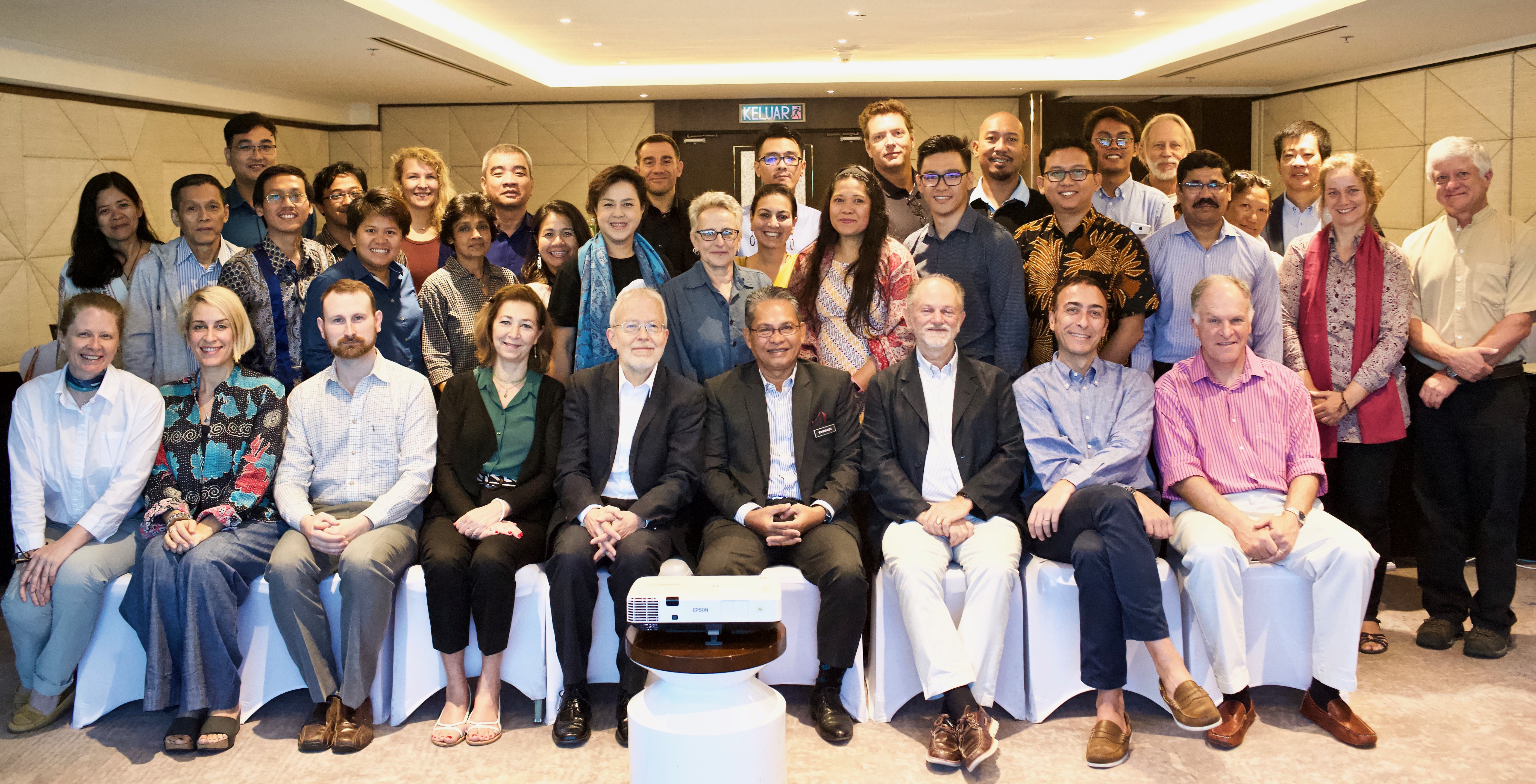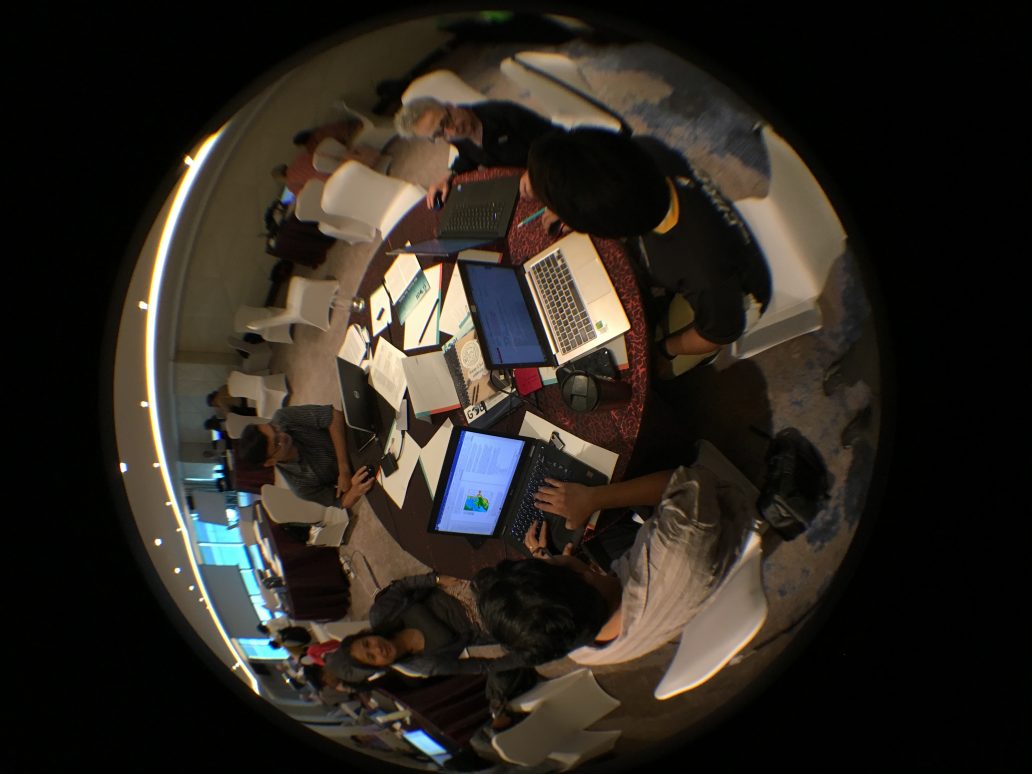On 12 March in Kota Kinabalu, Sabah, Malaysia (Borneo), Sabah’s Permanent Secretary to the Ministry of Tourism, Culture and the Environment YBhg. Datu Rosmadi Datu Sulai attended the opening of a workshop to identify Important Marine Mammal Areas (IMMAs) in the Northeast Indian Ocean and Southeast Asian Seas. The workshop has 35 participants from 16 countries.
“This is our second GOBI-IKI sponsored workshop on IMMAs,” says Erich Hoyt, co-chair of the IUCN Marine Mammal Protected Areas Task Force, “and this region is turning up an exciting diversity.”
The Task Force has compiled a detailed ‘Inventory of Knowledge’ with information on species, range estimates, OBIS records, MPA designations, and other relevant GIS layers. Sub-regions have been defined based on biogeographic provinces, which help to highlight geographic variability of information richness. This is an evidence-driven biocentric process and guidance on the selection criteria, their application and boundary delimitation has been updated as a living document for this workshop.
Using SeaSketch software and other background sources (including the CBD EBSA Repository) a total of 94 ‘Areas of Interest’ submissions were described by participants and third parties as part of the data collation phase of the exercise. This provided a rich starting point for the IMMA workshop with many overlapping areas evident at the outset that could be consolidated as candidate IMMAs, alongside a few dozen additional areas proposed during the workshop.
IMMA identification follows a three-stage process of applying agreed scientific criteria using best available evidence comprising data collection, new analyses and advocacy. The actual regional workshop is Stage 2 of the process. Group work at the workshop looks at both species groupings and geographic region groupings. Candidate IMMAs proposed (i.e., considered globally important) by the workshop will be subjected to peer review by an expert panel outside of IUCN, at which stage IMMAs will be validated as either confirmed, requiring further corrections or amplifications, or those which are turned down and therefore revert to Areas of Interest. Results from the previous GOBI-IKI sponsored IMMA workshop in the Pacific Islands, as well as from
the pilot Mediterranean workshop sponsored by the MAVA Foundation, are already presented on the IUCN-MMPATF website and the IMMA e-Atlas.



